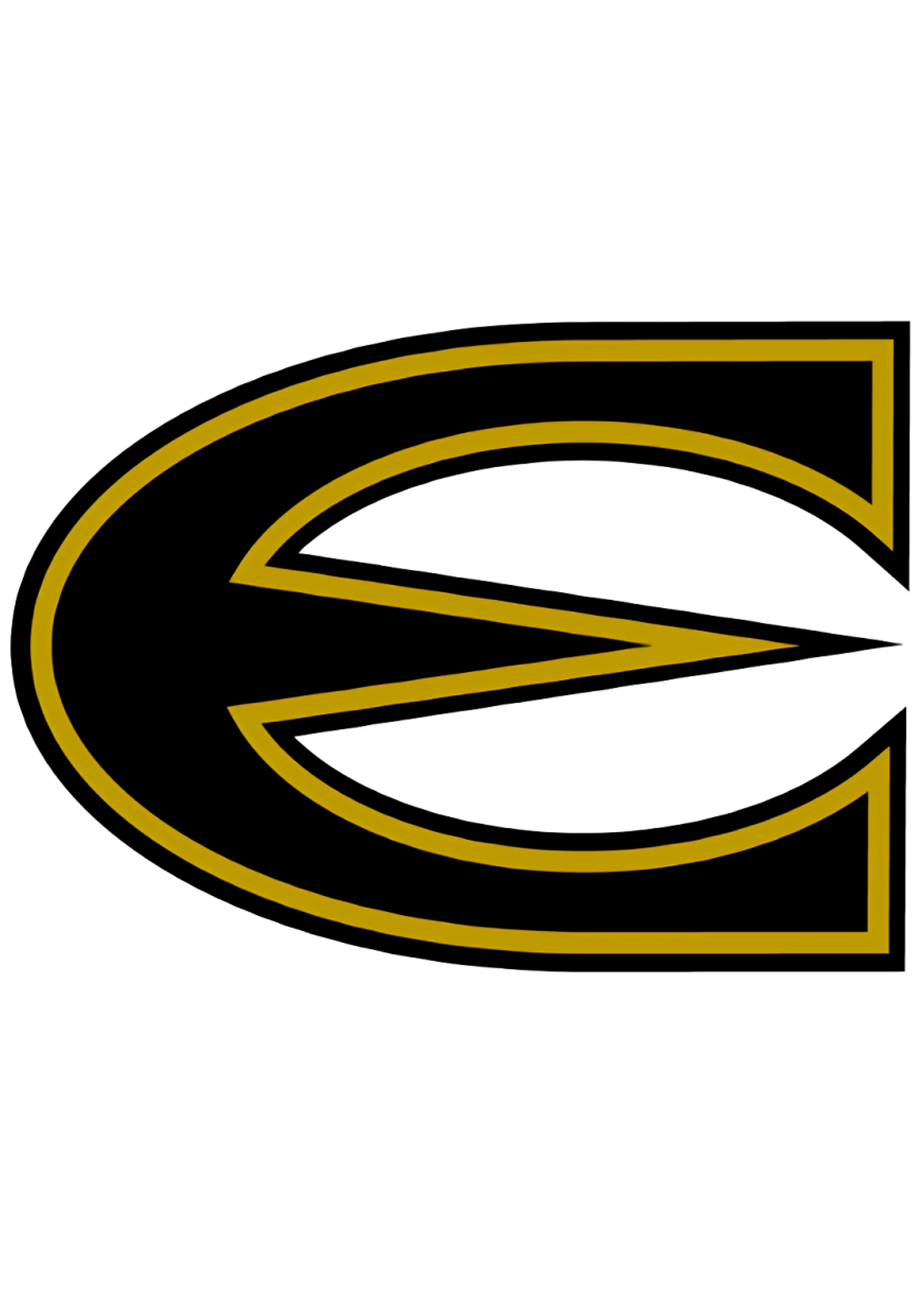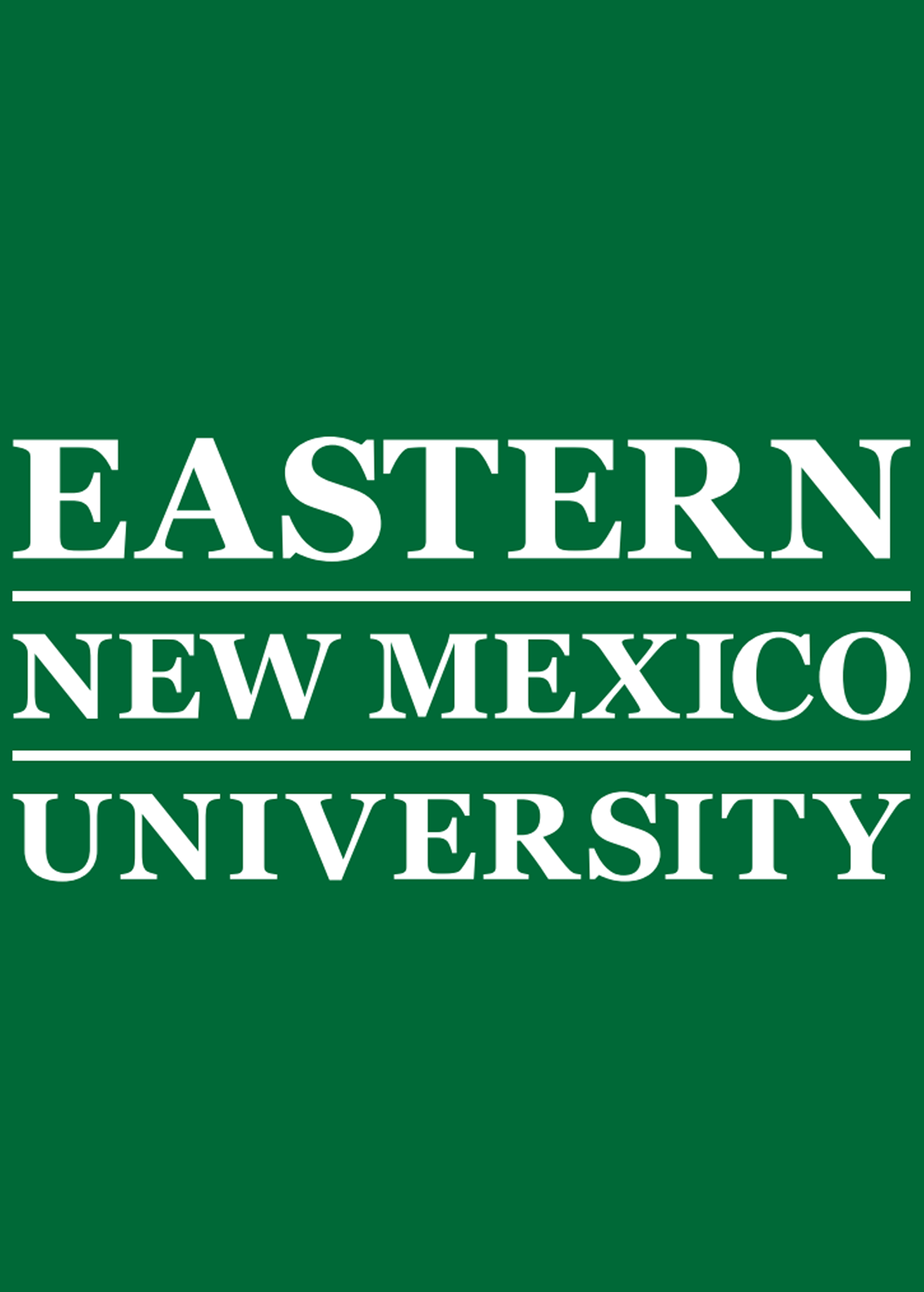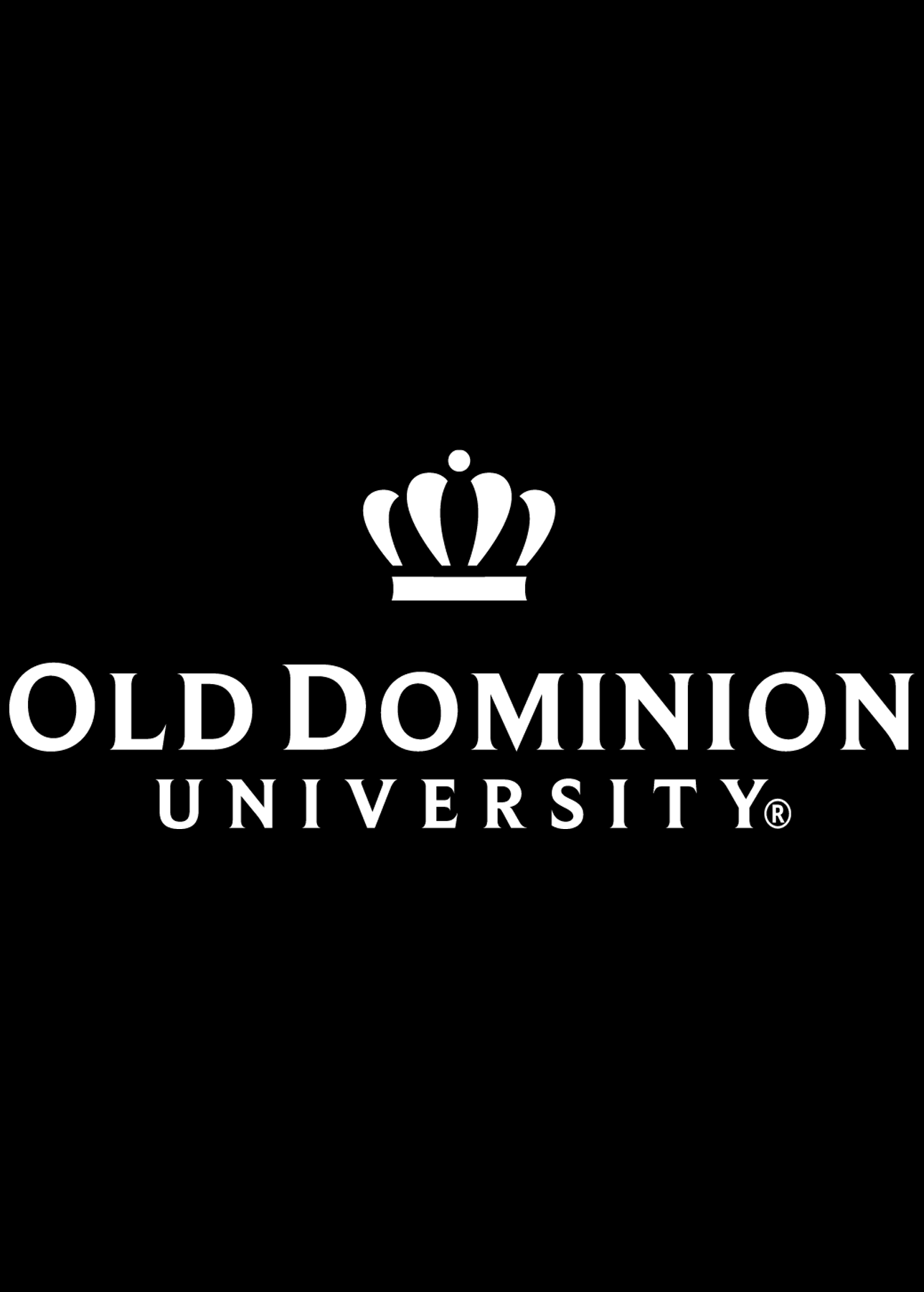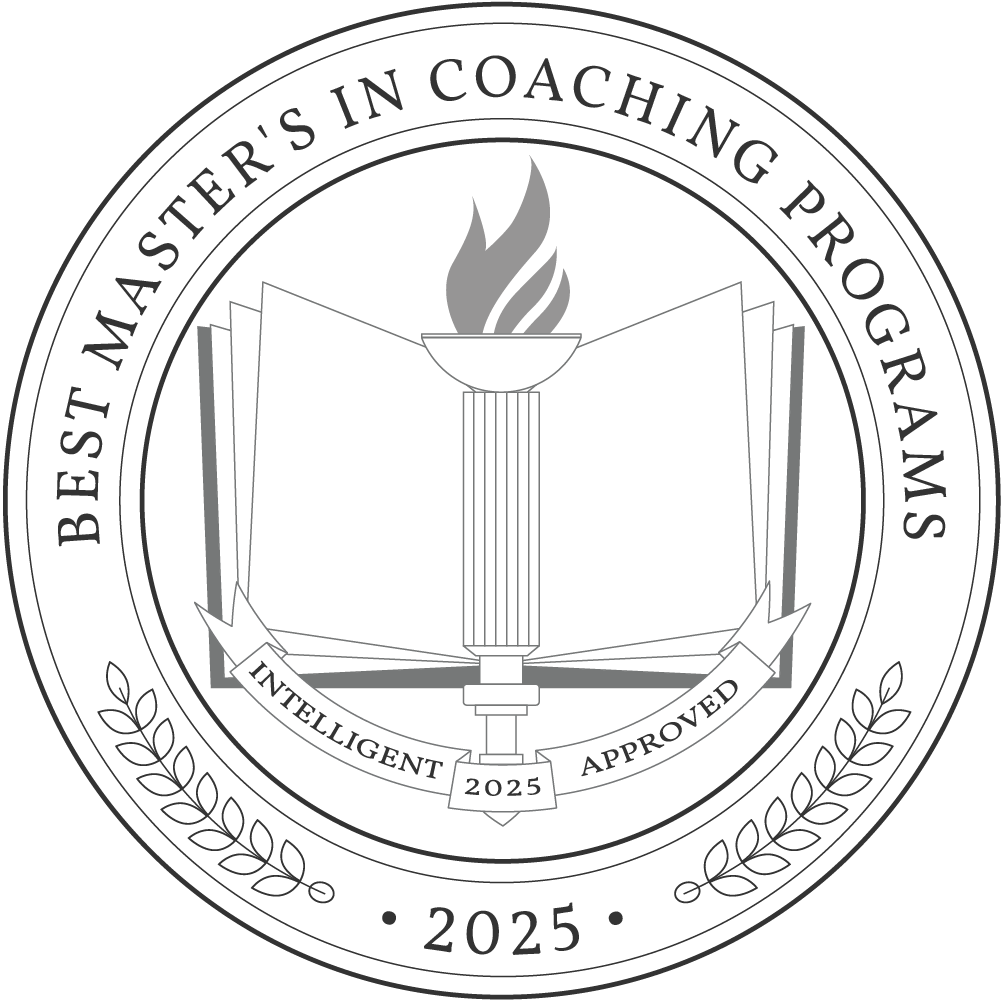Embarking on your journey to earn a master’s degree in coaching offers a rewarding path toward a satisfying and lucrative profession. This program equips students with the necessary expertise to guide individuals and teams toward achieving personal and professional goals. Graduates can pursue diverse roles such as executive coach, career coach, or sports coach. Athletic trainers, who often have this training, earn an average annual salary of $53,840, according to the U.S. Bureau of Labor Statistics.
The program’s completion time is typically 1.5 to two years for full-time students, with part-time options available for those balancing other commitments. Tuition fees vary depending on factors such as program duration, institution, and format (online or on-campus), with average expenses ranging from $12,000 to $30,000.
Why Trust Us
The Intelligent.com Higher Education Team is dedicated to providing students with independent, equitable school and program rankings and well-researched resources. Our expert-driven articles cover topics related to online colleges and programs, paying for school, and career outlooks. We use data from the U.S. Department of Education’s College Scorecard, the National Center for Education Statistics, and other reputable educational and professional organizations. Our academic advisory team reviews content and verifies accuracy throughout the year for the most current information. Partnerships do not influence rankings or editorial decisions.
- Analyzed over 2,000 national, accredited, and nonprofit colleges and universities
- 800+ rankings pages are reviewed and updated yearly
- Content is informed by reputable sources, surveys, and interviews with academic advisors and other experts
- Over 100 data points are reviewed for accuracy and quality throughout the year, including sources
How we rank schools
Our list features the best Master’s in Coaching degree programs at top colleges nationwide. Each school featured is a nonprofit, accredited institution — either public or private — with a high standard of academic quality for post-secondary institutions.
We evaluated each school’s program on tuition costs, admission, retention and graduation rates, faculty, reputation, and the student resources provided for online students. We collected data from trusted sources like the National Center for Education Statistics, individual school and program websites, school admissions counselors, and other data sources. Then, we calculated the Intelligent Score on a scale of 0 to 100 based on the following criterion:
Academic Quality:
- Admission rate versus enrollment rate
- Retention rate of students who return after year one
- Accreditation status (regional and programmatic)
- Nonprofit status, both private and public institutions
Graduation Rate
- Overall graduation rate
- Total number of currently enrolled students, including diversity metrics
- Student-to-faculty ratio
Cost and ROI
- In-state and out-of-state per-credit tuition rates and fees
- Required credits to graduate
- Earning potential after graduation
- Availability of federal student loans, scholarships, and other financial aid options
Student Resources
- Available student services for online-only and hybrid programs
- On-campus amenities like tutoring centers and the number of libraries
Read more about our ranking methodology.
Best 5 Accredited Master’s in Coaching Degree Programs
FiltersInstitution Type
Status
- Intelligent Score
- Alphabetically By University Name
- Acceptance Rate
- Enrollment
- In-state Graduate Tuition
- Out-of-state Graduate Tuition
- In-state Undergraduate Tuition
- Out-of-state Undergraduate Tuition

Emporia State University
Intelligent Score: 99.37In-state: $5,278
Out-of-state: $19,522
In-state: $6,547
Out-of-state: $6,547
SAT: N/A
ACT: N/A
$697 - $719
On-Campus, Online
Higher Learning Commission
32-33

Ohio University
Intelligent Score: 98.87In-state: $27,574
Out-of-state: $38,254
In-state: $18,138
Out-of-state: $18,138
SAT: 1070-1290
ACT: 22-27
In-State: $583
Out-of-State: $1,079
On-Campus, Online
Higher Learning Commission
36

Eastern New Mexico University
Intelligent Score: 95.43In-state: $4,074
Out-of-state: $6,114
In-state: $5,351
Out-of-state: $5,351
SAT: 950-1160
ACT: 17-23
$197
On-Campus, Online
Higher Learning Commission
36

Old Dominion University
Intelligent Score: 95.18In-state: $7,029
Out-of-state: $26,664
In-state: $10,207
Out-of-state: $10,207
SAT: 960-1170
ACT: 18-25
In-State: $620
Out-of-State: $1,486
On-Campus
Southern Association of Colleges and Schools Commission on Colleges
30

Indiana State University
Intelligent Score: 91.11In-state: $9,186
Out-of-state: $20,290
In-state: $7,668
Out-of-state: $7,668
SAT: N/A
ACT: N/A
In-State: $462
Out-of-State: $909
On-Campus
Higher Learning Commission
36
How to Choose a Master’s in Coaching Degree Program
Choose your area of study
Begin by assessing your passions, interests, and career goals to narrow down potential specializations such as executive coaching, sports coaching, or career coaching. Research each specialization’s job market demand, growth opportunities, and average salaries with reputable sources such as the Bureau of Labor Statistics. Consider factors like industry trends, personal strengths, and desired impact to align your area of study with your aspirations. Consult with professionals in your chosen field and explore course offerings to gain deeper insights into each specialization before making a final decision.
Research schools and programs
Researching schools and programs is vital for finding the best master’s in coaching program. Start by identifying accredited institutions offering coaching programs and examine their reputation, faculty expertise, and program curriculum. Evaluate factors such as program flexibility, delivery format, and opportunities for practical experience or internships. Review student testimonials and industry rankings to gauge program quality and outcomes. Engage with program representatives, attend information sessions, and explore campus facilities to gain firsthand insights into the learning environment and support services available.
Prepare for tests and applications
Start by familiarizing yourself with the specific admission requirements of each program, which may include standardized tests like the GRE or GMAT. You will likely need to submit transcripts, letters of recommendation, and a personal statement. Allocate ample time for test preparation, utilizing study guides, practice exams, and online resources to enhance your performance. If needed, work with a tutor or coach to hone your test-taking skills. Tailor your application materials to highlight relevant experience and skills in coaching or related fields. Seek feedback from mentors or advisors to ensure your application reflects your strengths and aspirations effectively.
Select your program
Consider factors such as accreditation, curriculum alignment with your career goals, and program reputation. Evaluate program characteristics like class size, format, and your ability to participate in internships. Research faculty backgrounds and teaching styles to ensure they fit with your learning preferences. Explore alumni outcomes, job placement rates, and industry partnerships to gauge the program’s effectiveness in preparing graduates for coaching roles. Ultimately, choose a program that offers a comprehensive education, a strong support network, and opportunities for professional growth and development.
Determine how you’ll pay for your degree
Begin by filling out and submitting the Free Application for Federal Student Aid. Research funding options such as scholarships, grants, fellowships, and assistantships offered by the program or external organizations. Consider employer tuition reimbursement programs and personal savings as additional sources. Assess the total cost of attendance, including tuition, fees, books, and living expenses, to develop a realistic budget. Explore flexible payment plans and installment options to manage expenses effectively. Prioritize financial aid applications, deadlines, and documentation to secure funding in a timely manner.
What Can You Expect From a Master’s in Coaching Degree Program?
A master’s degree program in coaching provides students with comprehensive training to become effective coaches in a range of professional settings. Students can expect to learn advanced coaching techniques, leadership skills, and strategies for facilitating personal and professional development in individuals and teams. The curriculum typically covers topics such as communication, motivation, goal setting, conflict resolution, and ethical considerations in coaching.
The duration of a master’s program in coaching varies depending on factors such as enrollment status and program structure. Generally, full-time students can complete the program in about 1.5 to two years. In addition to coursework, many programs require students to complete practical components, such as supervised coaching practicums or internship experiences. Prospective students should be aware of any additional requirements, such as residency or on-campus immersions, as part of the program. These components provide opportunities for networking, skill-building, and collaboration with peers and faculty members. Overall, a master’s degree program in coaching equips students with the knowledge, skills, and experience necessary to pursue rewarding careers as professional coaches in business, industry, and athletic settings.
Potential courses you’ll take in a master’s in coaching degree program
- Coaching Foundations. This course provides an introduction to the fundamental principles and practices of coaching. Topics include the coaching process, core coaching skills, effective communication techniques, and ethical considerations in coaching relationships.
- Leadership Coaching. Students learn how to support leaders in clarifying their vision, setting strategic goals, and overcoming challenges. Emphasis is placed on enhancing leadership effectiveness and fostering team cohesion through coaching interventions.
- Applied Positive Psychology in Coaching. In this course, students explore the principles of positive psychology and their application in coaching contexts. Students learn strategies for helping clients cultivate strengths, enhance resilience, and foster well-being. Topics may include character strengths assessment and goal-setting techniques rooted in positive psychology research.
- Group Coaching and Facilitation. This course examines the dynamics of group coaching and facilitation in organizational and community settings. Students learn how to design and lead group coaching sessions and facilitate collaborative problem-solving processes. There may be a focus on fostering a supportive and inclusive group environment conducive to collective growth and learning.
- Coaching Practicum. Under the guidance of experienced coaches, students engage in coaching sessions with real clients to apply their knowledge and skills in a professional context. Feedback and reflection sessions help students refine their coaching approach and develop confidence in their coaching abilities.
Master’s in Coaching Degree Frequently Asked Questions
How do I apply to a master's in coaching degree program?
Start by reviewing the specific admission requirements outlined by the program. Typically, this involves completing an application form, submitting transcripts from previous academic institutions, providing letters of recommendation, and sometimes writing a personal statement outlining your interest in coaching and your career goals. Some programs may also require standardized test scores, such as the GRE or GMAT. It’s essential to carefully follow the instructions provided by the program and to reach out to admissions counselors if you have any questions or need assistance with the application process.
How much does a master's in coaching degree cost?
The cost of a master’s in coaching degree can vary depending on factors like the institution, program format, and additional expenses. According to the National Center for Education Statistics, tuition ranges from $12,000 to $30,000 per year. However, students should also consider costs such as textbooks, technology fees, and living expenses if attending in-person classes. Online programs may have lower tuition but could entail additional technology or virtual classroom fees.
How long does it take to earn a master's in coaching degree?
The time to complete a master’s in coaching degree typically ranges from one to three years, depending on factors like program format, enrollment status, and credit requirements. Full-time students usually finish within one to two years, while part-time enrollment may extend the duration to two to three years. Online programs often offer more flexible scheduling, allowing students to complete coursework at their own pace, which may expedite or extend the completion time based on individual circumstances. The total number of required credits can impact program length, with variations between programs ranging from 30 to 60 credits.

